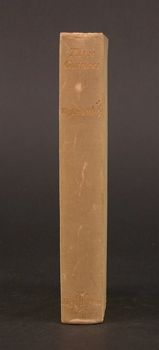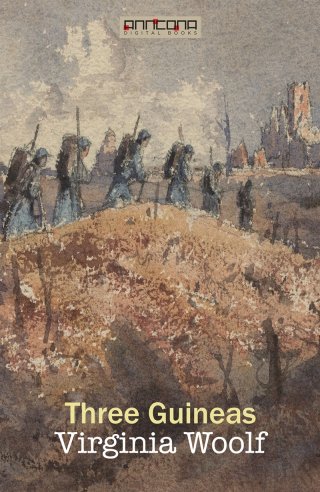
Au contraire, sa biographie de Roger Fry ne sera pas fictionnelle. Dans les années 20, consciente de l’invisibilité récurrente des femmes, Woolf veut écrire une biographie de femme ce sera Orlando (1928), la biographie fantastique de son amie Vita Sackville-West, suivie, quelques années plus tard, par Flush, qui décrit la vie de Elizabeth Barret Browning à travers son chien. Cependant, le lecteur se rend compte que Woolf a transformé cette condition d’exclusion en une forme de résistance, en refusant elle-même d’investir cette sphère publique dominée par la voix patriarcale.

Les femmes demeurent exclues de la sphère publique, sans droit à la parole (Woolf 2015, 116). Selon elle, c’est « l’influence » qui manque aux femmes : le fait qu’elles n’aient ni pouvoir, ni éducation les rend inaudibles. Not only does Woolf’s use of fiction enable her to compensate for the lack of visibility of her feminine subjects, but she also develops a writing strategy capable of delivering an innovative, politicized representation of the women she depicted.ĭans son essai, Trois guinées, Woolf analyse la vulnérabilité de la voix des femmes. Why did Woolf choose to fictionalise her ‘woman’ biographies? This paper argues that, similarly to Woolf’s unconventional choice in Three Guineas to remain an ‘outsider’ to better fight gender inequality and militarism, fiction can be considered a political tool in that it allows for an alternative mode of biographical representation. Both these fantasised biographies portray women: Orlando (1928) is a fantastical biography of her close friend Vita Sackville-West, and Flush (1933) tells the story of Elizabeth Barret Browning’s life through the biography of her dog. In the 1920s, Woolf’s awareness of the inaudibility of women’s lives made her want to write a woman’s life herself, leading to Orlando and then to Flush. By the end of the essay, the reader realises that Woolf has transformed this condition into a form of resistance by refusing to occupy a position in the male-dominated public sphere. She argues that women remain ‘outsider’ with ‘no right to speak’ (Woolf 2015, 116). More specifically, in Three Guineas, Woolf uses the term ‘influence’, which, according to her, women lack because they have neither financial power nor education, rendering them inaudible.


Virginia Woolf reflects on the vulnerability of women’s voices in her essay Three Guineas (1938).


 0 kommentar(er)
0 kommentar(er)
